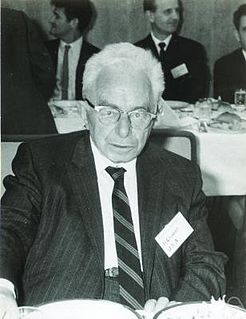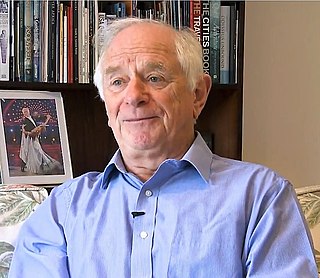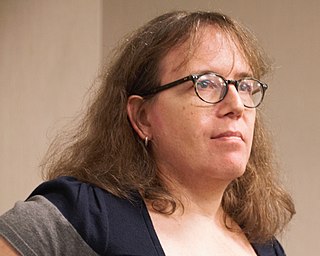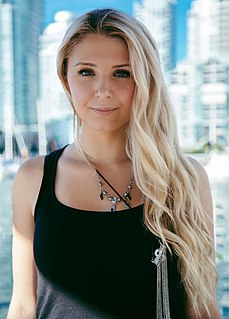A Quote by Evelyn Waugh
Almost all crime is due to the repressed desire for aesthetic expression.
Quote Topics
Related Quotes
[T]hus one should not think that desire is repressed, for the simple reason that the law is what constitutes both desire and the lack on which it is predicated. Where there is desire, the power relation is already present: an illusion, then, to denounce this relation for a repression exerted after the event.
Evidence that [feminine aesthetic preferences and ways of expressing oneself] may be hardwired comes from the fact that they typically appear early in childhood and often in contradiction to one's socialization. […] This indicates that some aspects of feminine verbal and aesthetic expression precede and/or supersede gender socialization.
I wrote about Freud and the process of sublimation, which is when you learn to stop breast-feeding, or stop going to the toilet whenever you want to. It's about learning to repress a desire for instant gratification. And in a repressed society, artists fulfil a sense of harking back to instant gratification, or immediate expression, by doing things that function on the edge of society, or outside of what is conventionally accepted.
Mathematics as an expression of the human mind reflects the active will, the contemplative reason, and the desire for aesthetic perfection. Its basic elements are logic and intuition, analysis and construction, generality and individuality. Though different traditions may emphasize different aspects, it is only the interplay of these antithetic forces and the struggle for their synthesis that constitute the life, usefulness, and supreme value of mathematical science.
There was this interesting quote: try and live your life without fear and desire. It's this concept that's like when you look at a painting in a museum and you are held in aesthetic arrest. So the I, the ego, is stripped, is gone. The observer and thing become one. That's where fear and desire come in because you don't want to own it, possess it, desire it, and it's not moving you to fear. It's like you're in this harmonious state with the object.

































